Was there ever a term that was so misunderstood as "sustainable"? "Healthy" comes close, and the two are frequently used interchangeably in cliched "good for you, good for the planet" slogans that often appear on items that are everything but.
So the topic of what we should eat to aid in the fight against climate change and environmental degradation has never been more vital - or more perplexing.
The government will release its National Food Strategy in July, which will be based on a year-long independent assessment and should throw some light on the situation. In the meanwhile, there are some things that you may consume guilt-free with a few conditions.

Related Article: How to Live Sustainably Today? Just 5 Ways!
Here are Sustainable Foods to Add in Your Meal Plan!
Grass-Fed Livestock
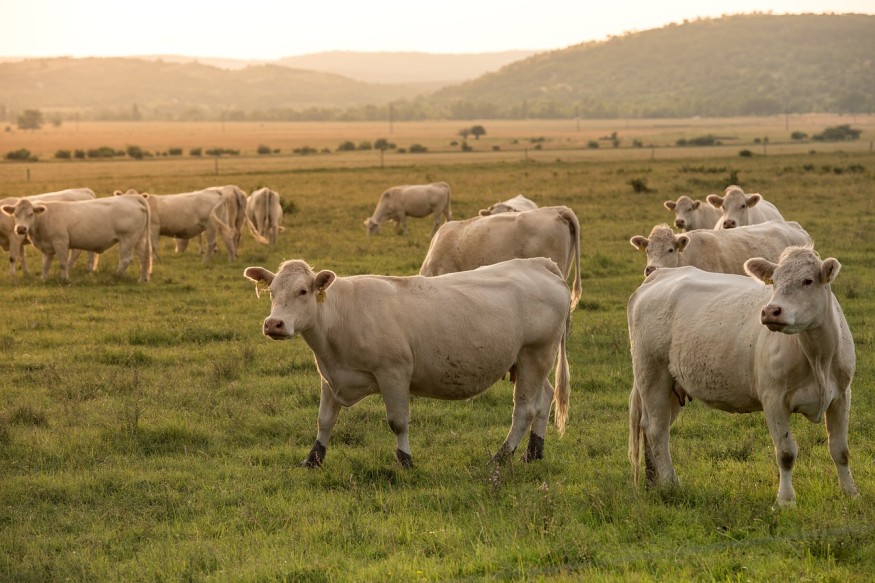
The UK is one of the first countries in the world to introduce regenerative agriculture. The concept involves rearing livestock in a mixed farming system to restore organic matter - and carbon - to the soil. Some argue that eating red meat would be better for the environment than eating grass.
Oats
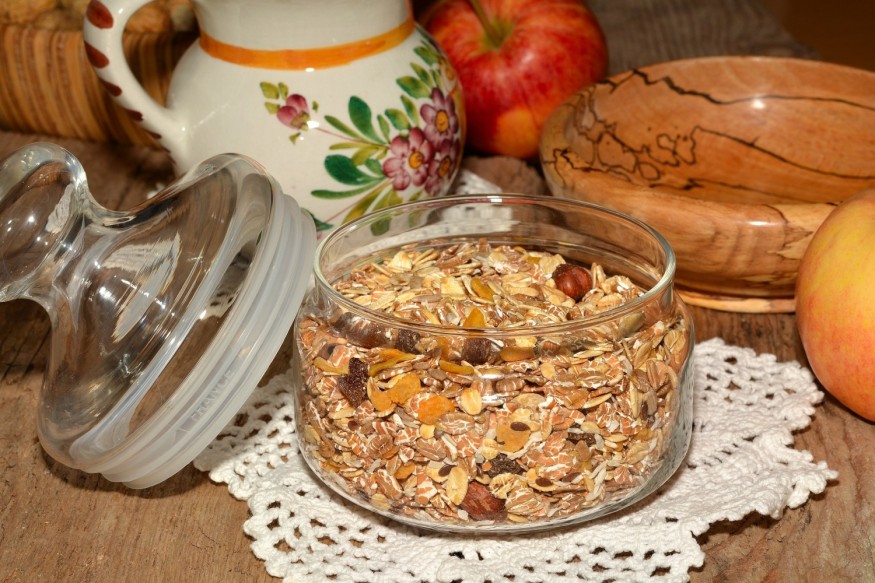
Oat is a monoculture crop that, if cultivated aggressively, may be just as harmful. However, eating them should be promoted if they are "produced without artificial chemicals, in a way that is beneficial to the ecology," according to Tim Lang, professor of food policy at City, University of London. They can be planted at high elevations and are an excellent 'break crop' for replenishing soil between harvests.
Local Fruits and Vegetables
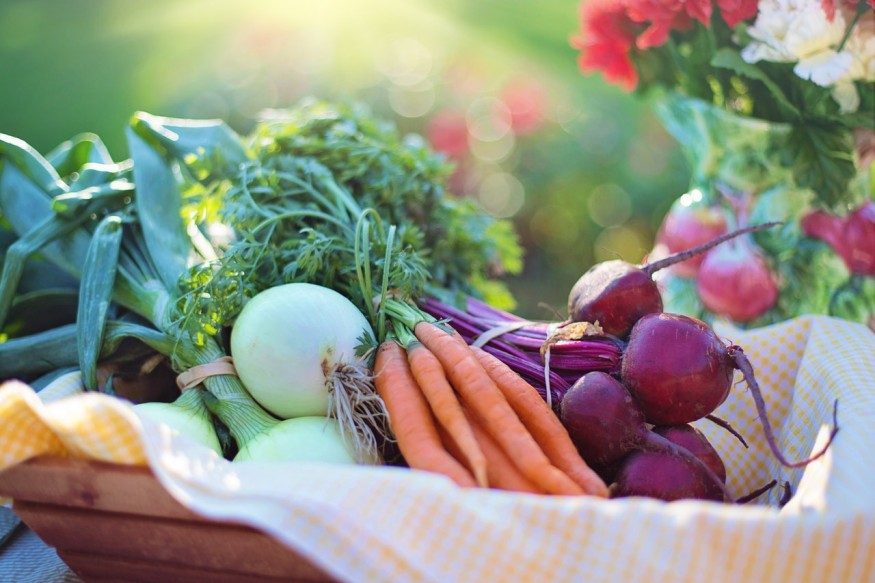
About half of the vegetables and 16 percent of the fruit consumed in the United Kingdom are grown in the country. According to horticultural expert Simon Lang, Britain should be growing twice as much. If you can't cultivate your own, look for a farmers' market, a community garden, or a vegetable-box project in your area; if you must buy from a supermarket, avoid buying out of season. "Supermarkets buy apples from New Zealand because people want to eat apples all year," Steele explains.
Pulses
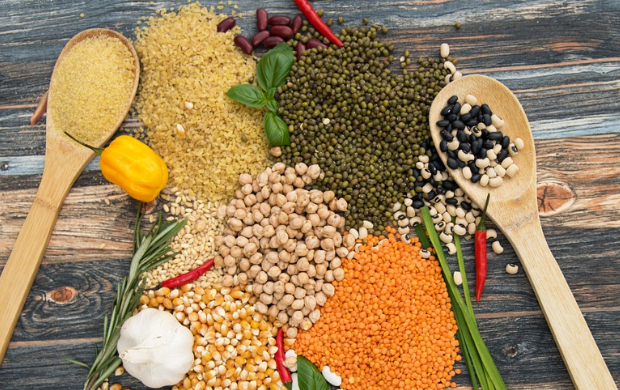
Pulses are a nutrient-dense food, says Josiah Meldrum of East Anglian producer Hodmedod. Roots nodules contain bacteria that convert atmospheric nitrogen into ammonia. This means legumes don't need artificial fertilizer, which degrades the soil. The nodules also increase organic matter within the soil by feeding microbial life, which, when it dies, "ensures carbon is locked in"
Mussels and Seaweeds
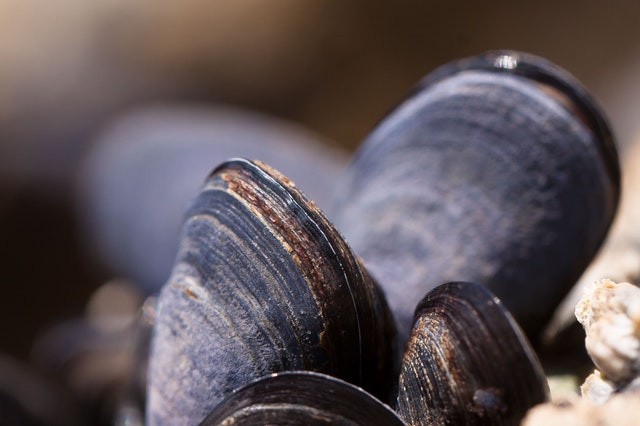
Mussels feed on tiny organic debris, including agricultural runoff, and their cultivation converts waste into carbon storage and tasty food. In addition, according to Katie Keay, the Marine Stewardship Council's senior fisheries outreach manager, wild mussel fisheries "provide microhabitats for fish and other tiny invertebrates."
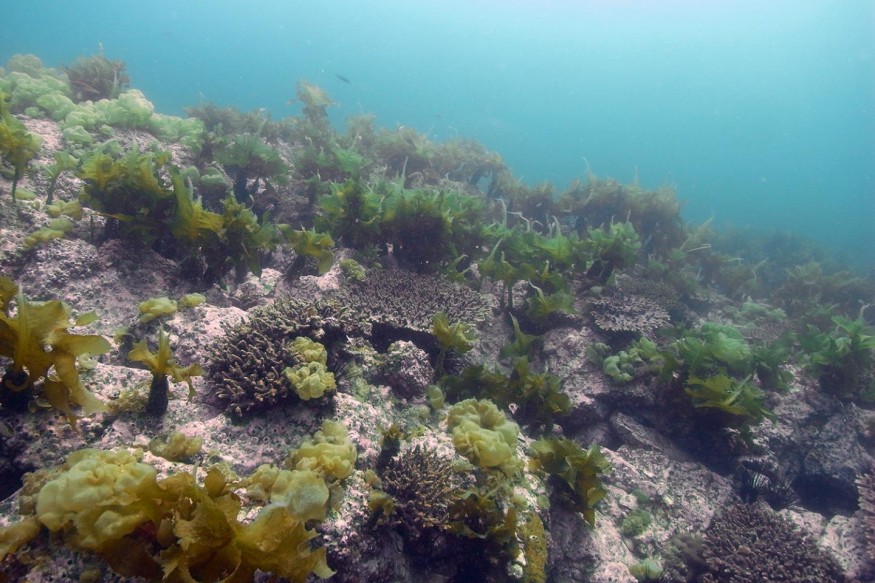
Seaweed absorbs CO2 and can help to decrease ocean acidification, allowing microbes and sea life to thrive. Seaweed may also convert nitrogen and phosphate into nutrients, allowing it to flourish in locations where there is agricultural runoff. Thus, seaweed might be a "superfood," according to the Scottish Association for Marine Science, provided it can be produced in regions with high amounts of agricultural runoff.
For more news update about Environmental Action, don't forget to follow Nature World News!
© 2025 NatureWorldNews.com All rights reserved. Do not reproduce without permission.





